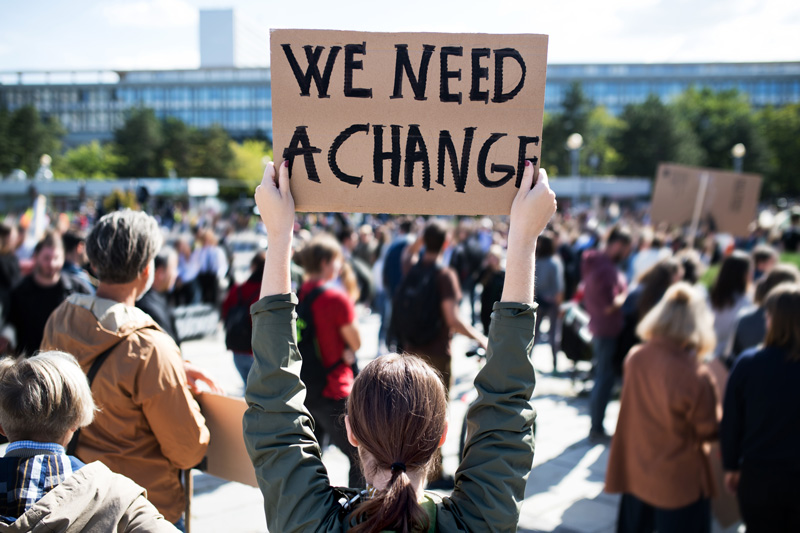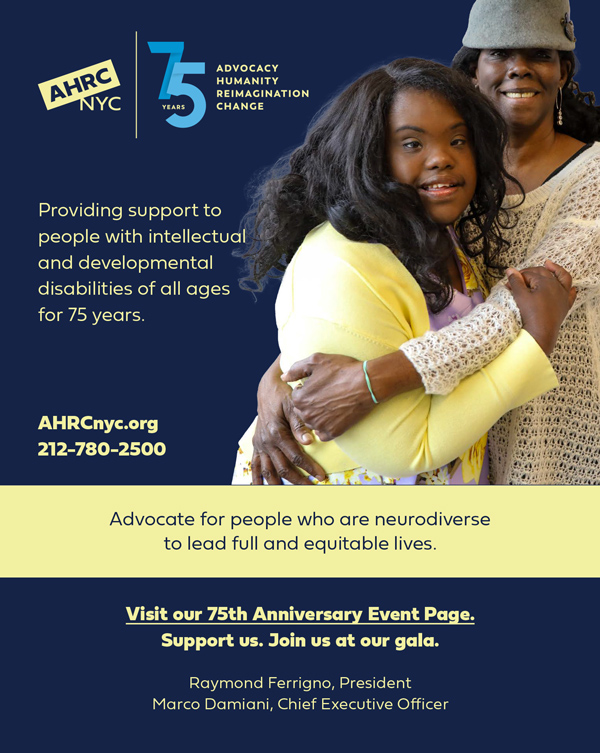In the intricate tapestry of our society, Direct Support Professionals (DSPs) stand as unsung heroes, offering unwavering support to individuals with disabilities. However, despite their invaluable contributions, the DSP workforce remains severely undervalued economically, reflecting broader societal attitudes towards disability and discrimination. Let’s talk about the economic undervaluing of the Direct Support Professional workforce and their interconnectedness with societal values and discrimination against people with disabilities.

The Economic Undervaluing of the Direct Support Professional Workforce
The economic undervaluing of DSPs is a multifaceted issue rooted in systemic neglect and societal misconceptions about disability. DSPs play a pivotal role in empowering individuals with disabilities to lead, as much as possible, independent and fulfilling lives. They provide crucial support ranging from personal care to job coaching, facilitating integration into the community and the workforce. Despite the indispensable nature of their work, DSPs are under-compensated and lack adequate societal recognition for their contributions.
According to former Senator Tom Harkin, a pioneer in disability rights and a champion for the Americans with Disabilities Act (ADA), “The economic undervaluing of DSPs reflects a larger societal disregard for the rights and dignity of people with disabilities. It is imperative that we recognize and rectify this injustice.”
Societal Values and Discrimination Against People with Disabilities
The economic undervaluing of the Direct Support Professional workforce is intricately intertwined with societal values and discrimination against people with disabilities. Judy Heumann, the renowned disability rights activist, said, “The undervaluing of DSPs reflects deeply ingrained societal prejudices and misconceptions about disability. It is a manifestation of ableism – a systemic discrimination against individuals with disabilities.”
Ableism perpetuates stereotypes and barriers that limit the opportunities and full participation of people with disabilities in society. It manifests in various forms, from inaccessible infrastructure to unequal employment opportunities. The undervaluing of DSP work is a stark manifestation of this discrimination, as it perpetuates the notion that the labor of individuals with disabilities and those who support them is less worthy of recognition and fair compensation.
The Call for Change
Addressing the economic undervaluing of DSP work requires a concerted effort from policymakers, employers, and society at large. Judy Heumann aptly said, “We must challenge societal norms and advocate for policies that promote equity and inclusion for people with disabilities. Fair compensation for DSPs is not only a matter of economic justice but also a reflection of our societal values.”
These staff are our most valuable asset. Policymakers must enact legislation that mandates fair wages for DSPs and the Front-Line Workforce, ensuring their contributions are duly recognized and compensated. The same policymakers must recognize and adequately fund the extraordinary work and value that provider agencies bring to the table. In turn, provider agencies must prioritize investments in training, professional development, and workplace accommodations to support the Front-Line Workforce in their crucial roles.
The economic undervaluing of the DSP workforce is a symptom of deeper societal biases and discrimination against people with disabilities. It reflects the need for a paradigm shift in how we perceive and value the contributions of individuals with disabilities and those who support them. As we strive for a more inclusive and equitable society, it is imperative that we recognize the inherent worth and dignity of every individual, regardless of ability.
The undervaluing of DSPs is not just an economic issue; it’s a moral imperative. We cannot claim to be a just society while devaluing the essential contributions of those who support individuals with disabilities. It is time to elevate the voices of DSPs, challenge ableism, and uphold the rights of people with disabilities in every aspect of life.
Marco Damiani is the Chief Executive Officer of AHRC New York City.







[…] post The Economic Undervaluing of the Direct Support Professional Workforce: Unveiling Societal Values an… appeared first on Autism Spectrum […]